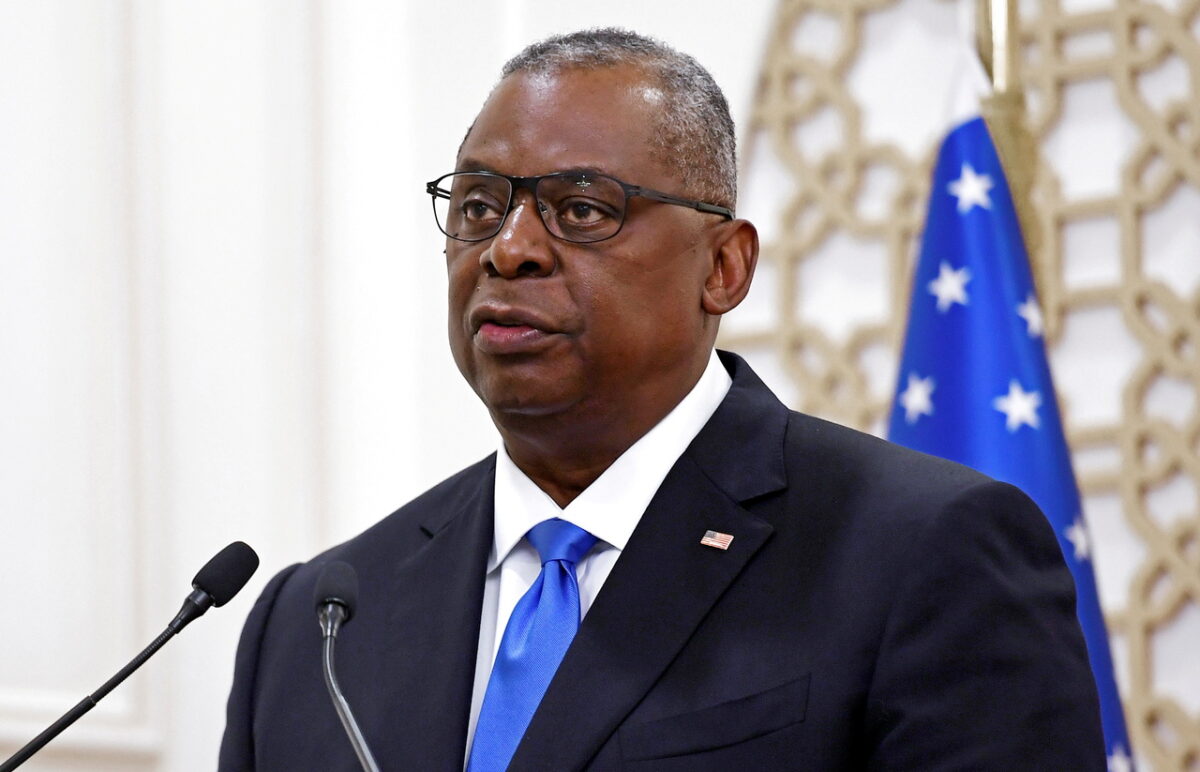“That’s the nature of the organization,” he told a small group of reporters in Kuwait City at the conclusion of a four-day tour of Persian Gulf states on Thursday.
He said the United States is prepared to prevent an Al-Qaeda comeback in Afghanistan that would threaten the United States.
“We put the Taliban on notice that we expect them to not allow that to happen,” Austin added, referring to the possibility of Al-Qaeda using Afghanistan as a staging base in the future.
In a February 2020 agreement with the Donald Trump administration, Taliban leaders pledged not to support Al-Qaeda or other extremist groups that would threaten the United States. But US officials believe the Taliban maintain ties to Al-Qaeda, and many nations, including Arab states, are concerned that the Taliban’s return to power could open the door to a resurgence of Al-Qaeda influence.
Austin has asserted that the US military is capable of containing Al-Qaeda or any other extremist threat to the United States emanating from Afghanistan by using surveillance and strike aircraft based elsewhere, including in the Persian Gulf. He also has acknowledged that it will be more difficult without American troops and intelligence teams based in Afghanistan.
Austin and Secretary of State Antony Blinken appeared together in Qatar on Tuesday in a show of US gratitude for that Gulf state’s help with the transit of tens of thousands of Afghans and others evacuated from Kabul. Blinken also visited an evacuee transit site in Germany, and Austin visited Bahrain and Kuwait.
Together, the Austin and Blinken trips were meant to reassure Gulf allies that President Joe Biden’s decision to end the US war in Afghanistan in order to focus more on other security challenges like China and Russia does not foretell an abandonment of US partners in the Middle East. The US military has had a presence in the Gulf for decades, including the Navy’s 5th Fleet headquarters in Bahrain. Biden has not suggested ending that presence, but he — like the Trump administration before him — has called China the No. 1 security priority, along with strategic challenges from Russia.
Austin, a retired Army general, has a deep network of contacts in the Gulf region based in part on his years commanding US and coalition troops in Iraq and later as head of US Central Command, which oversees US military operations in the Middle East.
Austin had been scheduled to visit Saudi Arabia on Thursday as the final stop on his Gulf tour. But on Wednesday evening his spokesman, John Kirby, announced that the visit had been dropped due to “scheduling issues”. Kirby offered no further explanation but said Austin looked forward to rescheduling.
Austin indicated that his visit was postponed at the Saudis’ request, adding, “The Saudis have some scheduling issues; I can’t speak to exactly what they were.”
The Saudi stop notably was to happen two days before the 20th anniversary of the terrorist attacks on the United States that killed nearly 3,000 people. Fifteen of the men who hijacked commercial airliners and crashed them into the twin towers of the World Trade Center, the Pentagon and a Pennsylvania field on September 11, 2001 were Saudis, as was Osama bin Laden, whose Al-Qaeda network plotted the attack from its base in Afghanistan. The attack prompted the US invasion that became a 20-year war in Afghanistan.
US relations with the Saudi government have been strained at times in the intervening years. In 2018, Crown Prince Mohammed bin Salman oversaw an unprecedented crackdown against activists, rivals and perceived critics. The year culminated in the gruesome killing of Washington Post contributing columnist and dissident Jamal Khashoggi by Saudi agents in the Riyadh Consulate in Turkey.
Earlier this month, Biden directed the declassification of certain documents related to the 9/11 attacks, a gesture to victims’ families who have long sought the records in hopes of implicating the Saudi government. Public documents released in the last two decades, including by the 9/11 Commission, have detailed numerous Saudi entanglements but have not proved government complicity.
The Saudi government denies any culpability. On Wednesday the Saudi Embassy in Washington released a statement welcoming the move to declassify and release more documents related to 9/11, claiming, “No evidence has ever emerged to indicate that the Saudi government or its officials had previous knowledge of the terrorist attack or were in any way involved in its planning or execution.”
Source: The Associated Press
